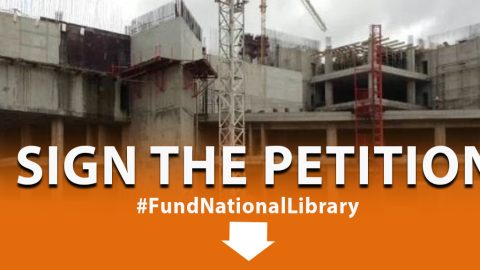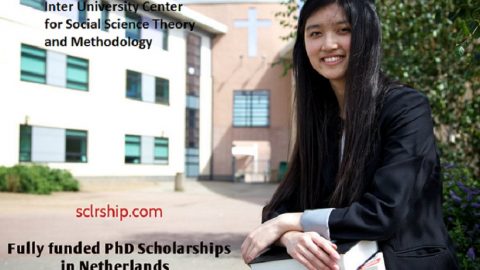Editor’s Note: In this 2-part essay, Daniel makes a strong case for Diaspora vote during Nigerian elections. Please find below the first part, second part will follow next week
Have you realized that politics, especially voting is all about comparisons? How do voters decide the right candidate to elect? The young compare the present with the future they have dreamt of and the old compare the present to the past they have lived in. This is why it has become increasingly crucial for politicians in South West Nigeria to engage in what I call the ‘Awo Rhetoric’ – compare their policies with those of the late Awolowo. But how would the Diaspora determine the right candidate to vote for in Nigerian elections if given the opportunity? They would compare the candidates put forward in Nigerian elections with the ones they have seen abroad.
This is a two-part reflection on the possibilities of eligible voters to vote for candidates standing for Nigerian elections while outside Nigeria. This process is called External Voting in the books and is operational in 115 countries including Cote d’Ivoire and Cape Verde near us. In most cases where the external vote is allowed, the Diaspora is allowed to vote for national level positions (President and Parliament) but excluded from the municipal elections. From the precedence of 115 nations before us, it seem only right that the Nigerian Diaspora should agitate for not really the right, but the facilities to exercise their franchise and choose who should govern the affairs of the nation. It was very gladdening to read of the President, the Vice President and the Independent National Electoral Commission (INEC) all promising the Diaspora to vote in 2015. Bear in mind, all these promises are coming behind a bill seeking to allow Nigerians abroad to vote which had flunked in the National Assembly.
Without claiming expertise on the law, I think that there is nothing in the laws of Nigeria at the moment that forbids Nigerians to exercise their franchise from abroad and it is patently unconstitutional that INEC should keep the ballot box away from Nigerians in the Diaspora. If anything, the law would frown at the failure of INEC to assign polling stations abroad. This is so because the Nigerian Constitution forbids discrimination on all grounds and asserts the rule of law – the equality of all citizens [regardless of place of abode] before the law. Remember, elections are conducted upon the requirement of the Constitution and the acts of parliament especially the Electoral Act. So why shouldn’t Nigerians living abroad vote and why is a new law needed?
The answer seem very simple to me. There is an unwritten consensus among the political elite not to allow the Diaspora to vote. After all, the Diaspora is useful for sending remittances and investing hard earned foreign currency into white-elephant projects and for buying property at locations and prices that would make other residents shake their heads and laugh. If these individuals begin to vote, things are going to change pretty fast. We know from Cape Verde for example that the political parties in power have been voted out three times since 1991 and in 2006 the Diaspora votes provided the needed margin to upturn the outcome of the votes already casted in the archipelago. So if you are a politician who intends to win elections by sharing money, terrorizing voters and buying up voting cards, then you may want to keep the votes ‘at home’ where you can control the variables and keep out Diaspora voters some of whom think all Prime Ministers must ride bicycles to work and who think Sarkozy does not deserve a second term in office. So because of this consensus, we are hearing voices like ‘Diaspora Voting Unlikely In 2015’ and ‘Nigeria not ripe for diaspora voting’. But we hear no reaffirmations or practical steps taken by those who had promised the Diaspora votes in 2015 about how they intend to make good their promises.
____________
Nengak Daniel Gondyi presently studies International Migration and Ethnic Relations (Masters) at Malmö Högskola in Sweden. Before this, he was a Senior Programme Officer at the Centre for Democracy and Development, CDD in Abuja. He holds a Bachelors’ in International Studies from the Ahmadu Bello University. At CDD, he worked on a number of projects including the West Africa Insight which seeks to collect and analyse futures information in West Africa.
He thinks citizenship is not a status represented by a passport but a bunch of rights and privileges enjoyed by the holder. Therefore, the quality of citizenship is directly proportional to the rights being enjoyed by the holder and the right [and possibility] to vote is on top of the rights of citizenship. He says you would fail to convince him if you claim to be a citizen but could not vote in the elections of the country whose citizenship you think you hold.
He reads and writes about human rights and democracy in West Africa. He loves cycling, asking questions and reading. Nengak can be reached via email on nengak.daniel@gmail.com








